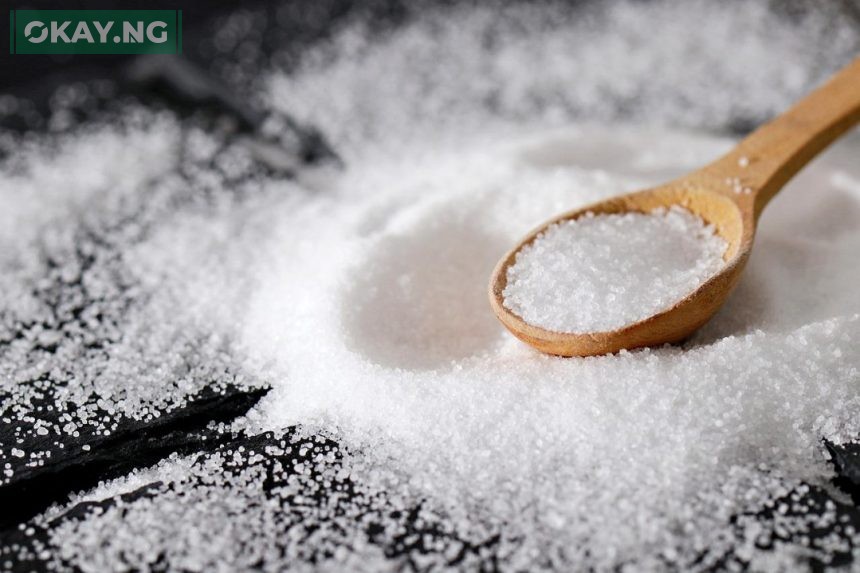The Nigerian Federal Government has introduced a new national guideline aimed at significantly reducing sodium intake among its citizens, a move designed to combat the rising prevalence of hypertension and other related health issues. The initiative, launched in Abuja on Wednesday, comes in response to alarming statistics revealing that average salt consumption in Nigeria far surpasses the World Health Organisation’s recommended limits.
Dr. Iziaq Salako, the Minister of State for Health and Social Welfare, highlighted the increasing reliance on processed and packaged foods due to rapid urbanization as a key driver behind the surge in hypertension cases, which currently affect over 35% of Nigerian adults. The newly established guideline sets clear sodium limits for these food products, aligning with global health standards. This regulatory framework is seen as a crucial step in mitigating the health risks associated with excessive salt consumption.
Further emphasizing the urgency of the situation, Dr. Salma Anas Ibrahim, Special Adviser to the President on Health, expressed concern over the 27.5 million Nigerians currently living with hypertension. She stressed that reducing dietary sodium is a cost-effective and essential strategy for combating chronic diseases. Health experts and advocacy groups, including the Executive Director of Corporate Accountability and Public Participation Africa (CAPPA), Akinbode Oluwafemi, and representatives from Global Health Advocacy Incubator and the Africa Food Policy Programme, echoed this sentiment. They underscored the vital role of sodium reduction policies in reversing the growing burden of cardiovascular diseases and non-communicable diseases (NCDs) across the nation.













